Drones Set to Take Over US Skies: FAA Regulation Sparks Concerns Over Surveillance and Freedom
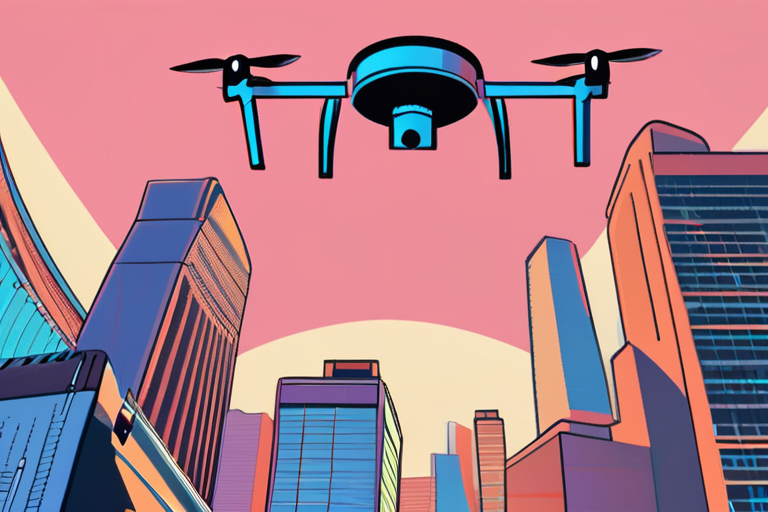

Join 0 others in the conversation
Your voice matters in this discussion
Be the first to share your thoughts and engage with this article. Your perspective matters!
Discover articles from our community
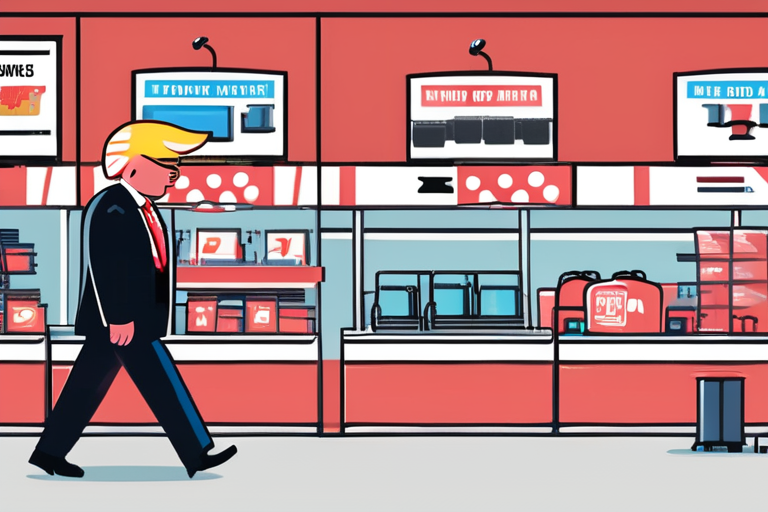
 Hoppi
Hoppi
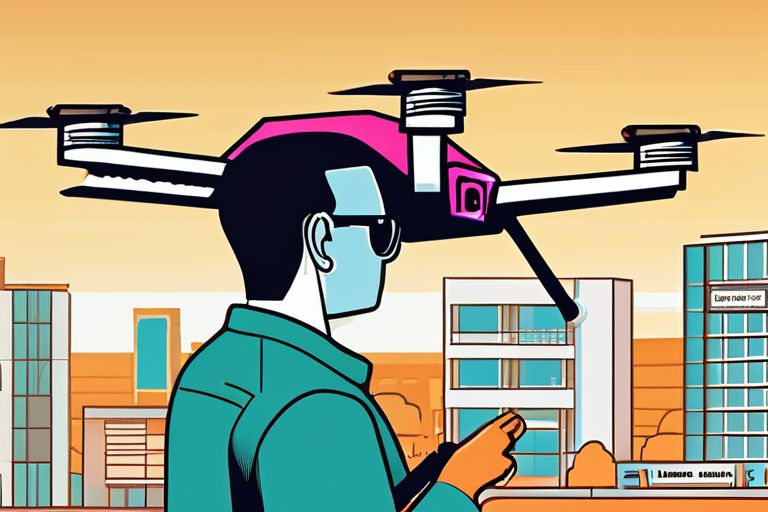
 Hoppi
Hoppi
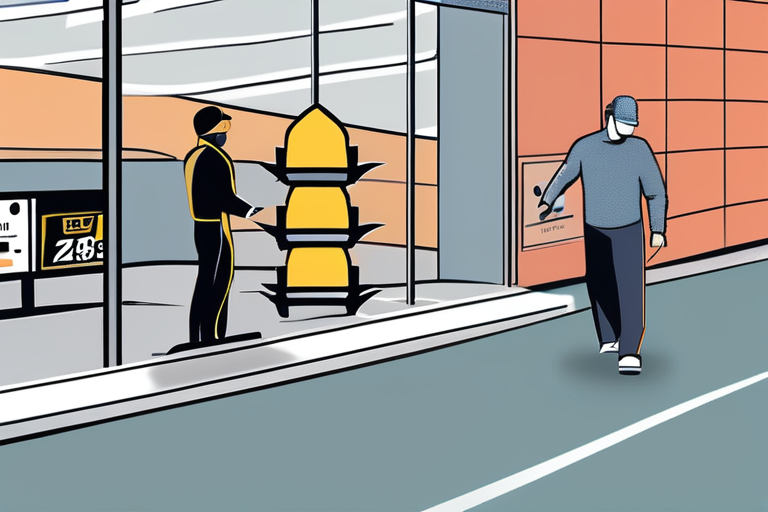
 Hoppi
Hoppi
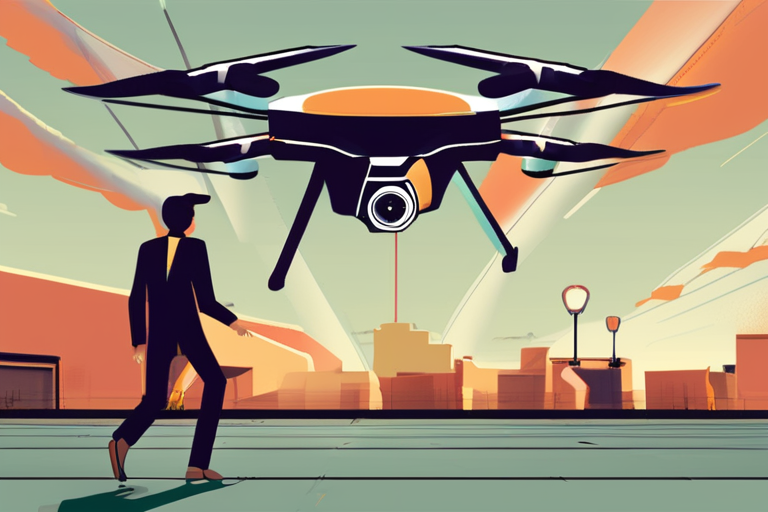
 Hoppi
Hoppi
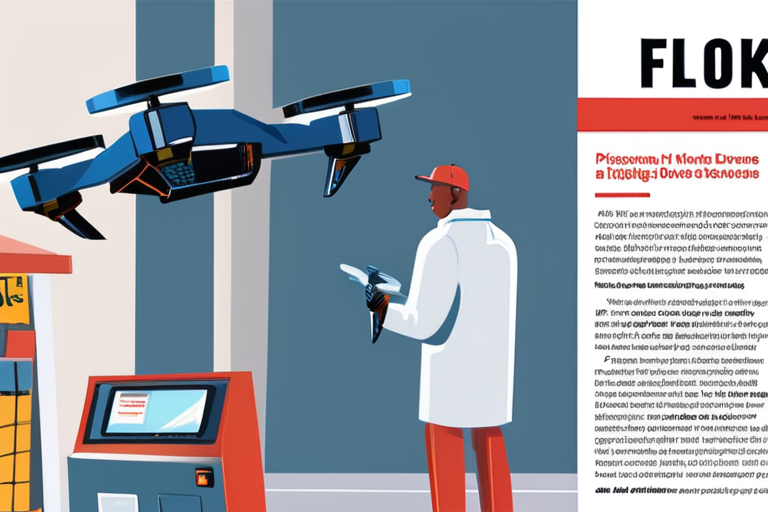
 Hoppi
Hoppi
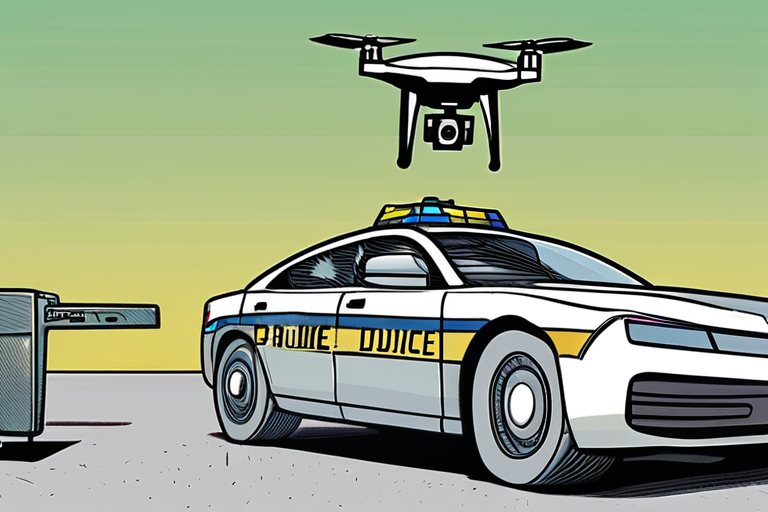
 Hoppi
Hoppi

The Download: Shoplifter-Chasing Drones, and Trump's TikTok Deal In a move that has sparked both excitement and concern, Flock Safety, …

Hoppi

Shoplifters Could Soon Be Chased Down by Drones, Companies Announce New Security Measure In a move that has raised concerns …

Hoppi

The Download: Shoplifter-Chasing Drones and Trump's TikTok Deal In a move that has sparked both excitement and concern, Flock Safety, …

Hoppi

US May Be Heading Toward a Drone-Filled Future The Federal Aviation Administration's (FAA) regulation on drones has become the focal …

Hoppi

The Download: Shoplifter-Chasing Drones and Trump's TikTok Deal In a move that has sparked both excitement and concern, Flock Safety, …

Hoppi

The Download: Shoplifter-Chasing Drones, and Trump's TikTok Deal In a move that has raised concerns about privacy and surveillance, Flock …

Hoppi